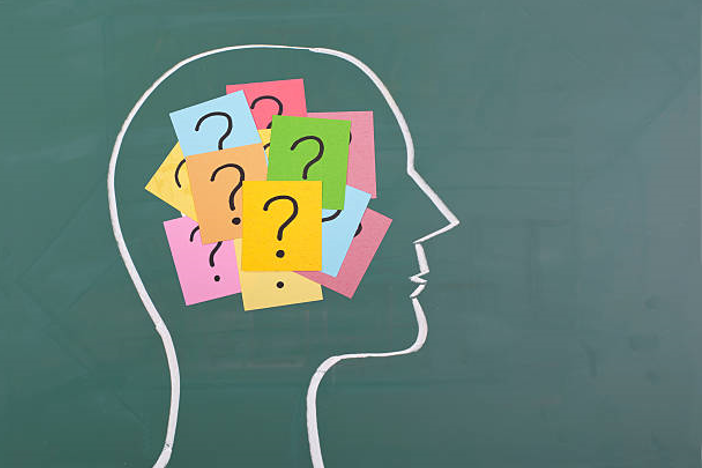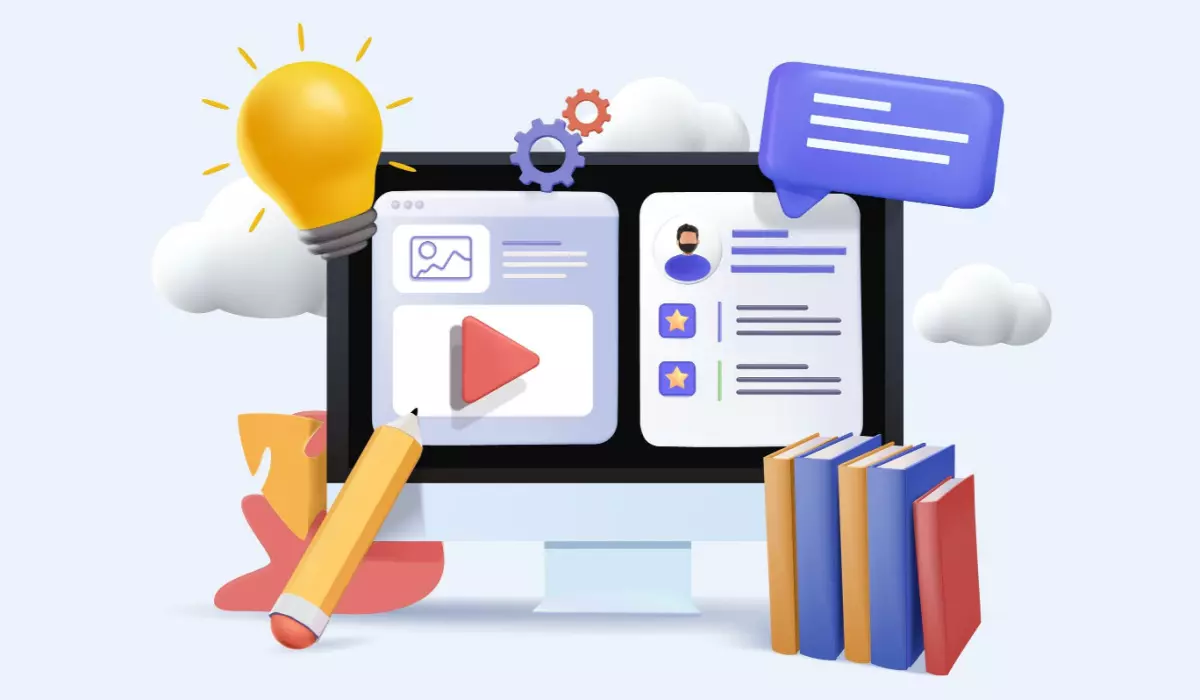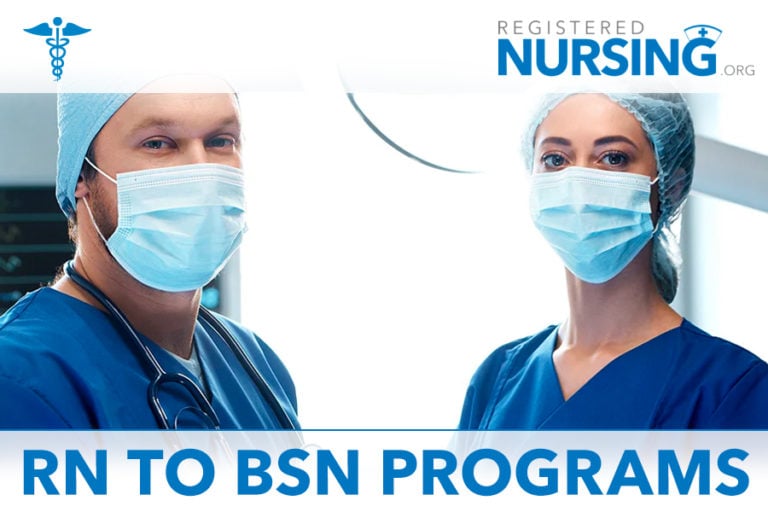There are always going to be a certain amount of side effects when someone suffers a stroke, no matter how severe it is. They could be easily rehabbed ones, or they could be much longer term, but there is always going to be some kind of consequence.
What a lot of people don’t really understand is that there are several different kinds of strokes, and the type that one suffers from can influence the seriousness. The most common kind of stroke suffered by people is the Ischemic Stroke.
This one occurs when a blood clot forms which then subsequently prevents the flow of blood to the brain. When this occurs, your brain becomes deprived of oxygen and brain cells will start to die.
Hemorrhagic strokes are another type, which happen as a result of ruptured blood vessels in the brain. This encompasses aneurysms too and is sometimes caused by very high blood pressure.
Then there are TIAs which are caused by any other blockage, and generally will have symptoms which only last for a short period of time. In the last case, you are unlikely to see any massive effects, but they can still cause damage.
In general we think of strokes as being something that happens to people of a certain age. And it’s true that the majority of people who suffer from strokes tend to be over the age of 65, but it’s not exclusively something that only older people have to worry about.
Strokes in Students
Anyone can have a stroke, and when it comes to teenagers and college students it typically occurs as a result of genetic conditions. Most commonly, Patent Foramen Ovale, which is a birth defect resulting in two tiny holes in the atria of the heart, or arterial dissection, which is a dissecting blood vessel in the neck.
But due to the fact that they do seem to be getting more common, it’s also likely that certain lifestyle factors are contributing to it too. In the case of students for example, we are seeing issues such as obesity, high cholesterol and diabetes getting more prevalent.
Students and just generally people in their late teens and early twenties may not consider these as the primary risk factors for strokes but they are, and the less young people pay attention to keeping their health under control, the more likely they are to end up being affected.
The effects will be quite similar on both young and old people. Your brain basically controls everything, and when brain cells start to die, various different things can happen. Many different functions will cease to operate, some of which can be physical and some mental.
You will likely have seen certain stroke patients who have lost the ability to move a limb, or who’s facial muscles will no longer work as they once did, but it’s also common that the patient will lose a certain amount of cognitive function.
It can cause things like apraxia, which makes movement more difficult, aphasia which inhibits one’s ability to effectively produce language, and it can also result in memory loss and memory difficulties.
One third of all stroke victims will unfortunately go on to suffer from dementia in the future. There will be rehabilitation and therapy available to the patient and that stuff has a high success rate, but there are certain things the patient can do to help themselves too.
There is never going to be any harm in keeping your brain stimulated. There are a variety of different memory and thought-based games which can be helpful and which will be worth trying if memory loss is one of the side effects you're dealing with.
Naturally, you should probably mention these games to the doctors and therapists who are treating the patient, just to make sure that they won’t somehow interfere with a specific treatment they’re working on.
The likelihood of that is low but it’s probably wise to just make sure. Don’t attempt anything too taxing at first, you need to test the waters with some more simple games and see what your brain is currently up to the task of.
A good place for anyone to start would be with a simple coin counting game. What we are trying to focus on is the patient's quantitative reasoning. This basically refers to one’s mathematical ability.
Not everyone needs to be a math genius, but a certain amount of QR is essential for the most basic of cognitive function. For this game, the goal is to have a small pile of coins which you will figure out the total value of.
Start nice and small here, with maybe 5 or 6 coins, all of which are a relatively low value. From there, you can slowly start to build it up, as you can see the cognition start to improve. Another simple game would be card matching.
This has long since been a popular game for passing the time or for kids who are still in development and it works like this: You lay an entire deck of cards spread out and face down and then uncover two of them at a time.
In doing so, you are trying to find pairs, and once you find a pair you can remove both cards from the pile. You are only allowed to have two cards uncovered at the one time, so the point is to try and remember where every card is, even while they are face down.
As you can imagine, this one is slightly tougher than the coin counting and it may be difficult for the cognitively impaired at first, but it will help a lot with your ability to recall images and it's beneficial in terms of visual scanning.
Starting with games this simple is so important before you move onto more challenging things, you don’t want your limited cognition getting overwhelmed and so it’s important to only push yourself just enough to stimulate without strain.
As you start to get better, you can look into more challenging games. The internet is your friend here, there are a ton of apps and websites dedicated to compiling memory games and brain teasers.
You could check out some of the memory games on Brainfall to start with and then work your way through those, doing a little bit of practice every single day. Crosswords are also a great way to improve your memory.
Completing a crossword is a different kind of recall. It challenges you to explore knowledge that you already possess as well as scanning the words and letters to make determinations on how to proceed.
Crosswords can range in difficulty and of course, don’t be ashamed if you find yourself struggling too much to complete one. Find a book of beginner or intermediate crosswords and then work to progress upwards.
It’s important to note that this process is almost definitely going to be a frustrating one for the patient. There is no easy fix, and it can be discouraging and terrifying to find yourself lacking an ability which you have taken for granted your whole life.
Actually seeing progress will take time, but it will happen. If this is for yourself, then be persistent, and if it’s for a loved one, always be encouraging.










.jpg)


